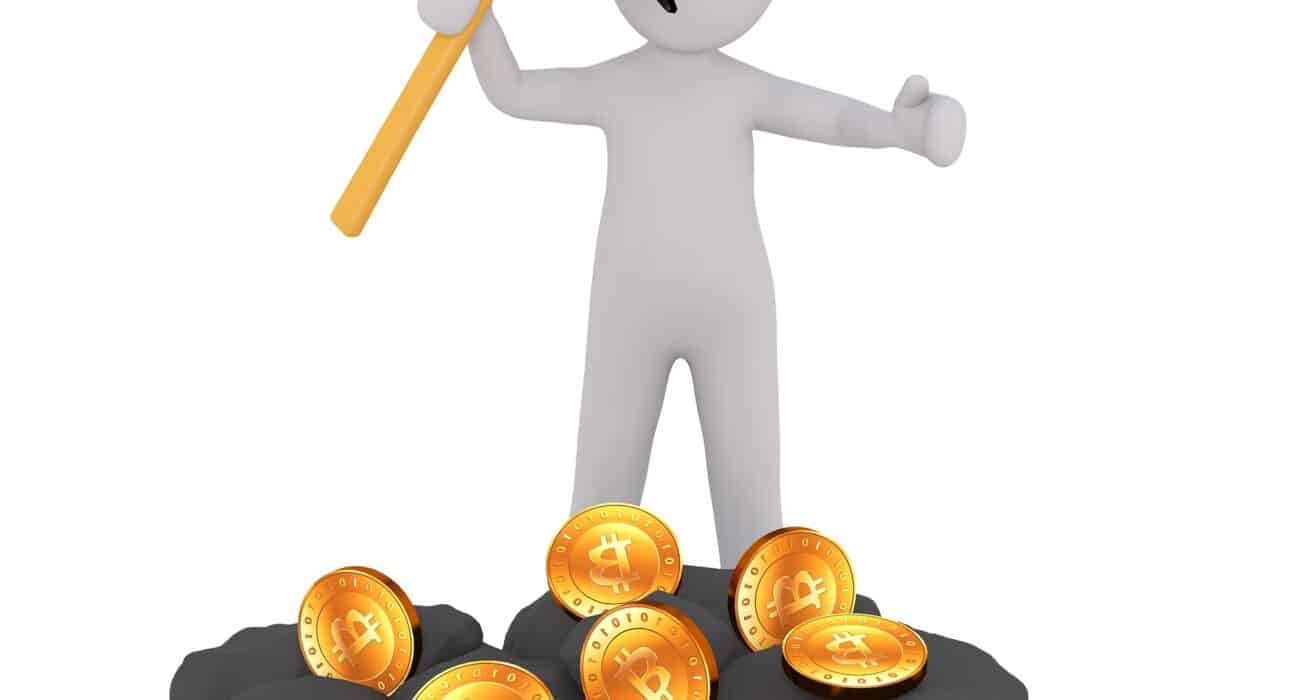Are you keeping a close eye on the economic landscape, especially how it might ripple through the crypto world? The United Nations (UN) has recently issued a significant warning that could directly impact crypto traders like you. They’re urging central banks, including the powerful Federal Reserve (the Fed) in the US, to reconsider their aggressive stance on raising interest rates. Why? Because the UN fears these hikes could trigger a global recession even more severe than the one we saw after the 2008 financial crisis. Let’s dive into what this means for the cryptocurrency market.
Why is the UN Sounding the Alarm?
The UN’s Conference on Trade and Development (UNCTAD) isn’t mincing words. Their latest Trade and Development Report 2022 paints a concerning picture. They argue that rapidly tightening financial regulations and soaring interest rates are a recipe for disaster. Think of it like slamming on the economic brakes too hard and too fast.
Here’s a breakdown of their key concerns:
- Global Recession Risk: The UN believes the current path could lead to a recession exceeding the severity of the post-global financial crisis downturn.
- Developing World Impact: They foresee a domino effect, creating “vicious economic circles” in developing nations, causing more damage than the 2008 crisis or even the COVID-19 shock.
- Fed’s Role Under Scrutiny: The report specifically highlights the Federal Reserve’s actions. They estimate that the Fed’s interest rate hikes this year alone could slash a staggering $360 billion from the future income of developing countries (excluding China).
The Fed’s Stance: Fighting Inflation with Rate Hikes
The Federal Reserve, like many central banks, is focused on tackling inflation. Their primary tool? Raising interest rates. The goal is to make borrowing more expensive, thereby cooling down spending and ultimately bringing inflation under control. The Fed has signaled its commitment to bringing inflation down to 2%, projecting interest rates to reach 4.4% by the end of 2022 and 4.6% in 2023. This mirrors actions taken by other institutions like the Bank of England, which has also significantly increased its interest rates.
How Do Interest Rate Hikes Affect Crypto?
You might be wondering, what does all this have to do with cryptocurrency? Here’s the connection:
- Risk-On vs. Risk-Off Assets: Cryptocurrencies are generally considered “risk-on” assets. When interest rates rise, borrowing costs increase, and investors tend to become more cautious, often shifting away from riskier assets like crypto towards safer havens.
- Reduced Liquidity: Higher interest rates can lead to less available capital for investment, potentially reducing the flow of funds into the crypto market.
- Impact on Lending and Borrowing in Crypto: The DeFi (Decentralized Finance) space, which involves lending and borrowing crypto assets, can be directly affected by changes in interest rates in traditional finance.
- Correlation with Traditional Markets: In recent times, the crypto market has shown an increasing correlation with traditional financial markets, particularly the stock market. Economic downturns and recession fears often lead to declines in both.
What’s the Alternative? The UN’s Suggestion
Instead of solely relying on interest rate hikes, the UNCTAD suggests alternative approaches to combat inflation. Richard Kozul-Wright, the lead author of the report, proposes implementing price ceilings, particularly on essential goods and services. He also suggests one-time levies on the exceptionally high profits made by power companies as a way to address inflationary pressures without triggering a recession.
The Economic Outlook: A Slowdown Ahead
The UNCTAD report paints a picture of a slowing global economy. They project global growth to be 2.5% this year, a decrease from the 3.0% predicted in 2021. The outlook for the following year is even less optimistic, with growth expected to further slow down to 2.2%. This means the real gross domestic product (GDP), a key indicator of economic health, will likely remain below pre-COVID levels by the end of 2023.
What Can Crypto Traders Do? Actionable Insights
So, what should you, as a crypto trader, take away from this?
- Stay Informed: Keep a close watch on macroeconomic news, particularly announcements from central banks like the Federal Reserve and statements from international organizations like the UN.
- Understand Risk Management: In times of economic uncertainty, robust risk management is crucial. Consider diversifying your portfolio and adjusting your trading strategies to account for potential market volatility.
- Monitor Market Correlations: Pay attention to how the crypto market is reacting to developments in traditional financial markets. Increased correlation might mean that traditional economic indicators have a greater influence on crypto prices.
- Consider Long-Term Strategies: While short-term volatility might increase, remember the long-term potential of blockchain technology and cryptocurrencies. Focus on projects with strong fundamentals.
The Bottom Line: Navigating Uncertainty in the Crypto Space
The UN’s warning highlights the interconnectedness of the global economy and the potential impact of central bank policies on the cryptocurrency market. While the future remains uncertain, staying informed, understanding the potential risks, and adapting your strategies are key to navigating these turbulent times. The decisions made by institutions like the Federal Reserve and the responses from organizations like the UN will undoubtedly shape the economic landscape and, consequently, the trajectory of the cryptocurrency market. Keep your eyes peeled and your strategies sharp!
Disclaimer: The information provided is not trading advice, Bitcoinworld.co.in holds no liability for any investments made based on the information provided on this page. We strongly recommend independent research and/or consultation with a qualified professional before making any investment decisions.




